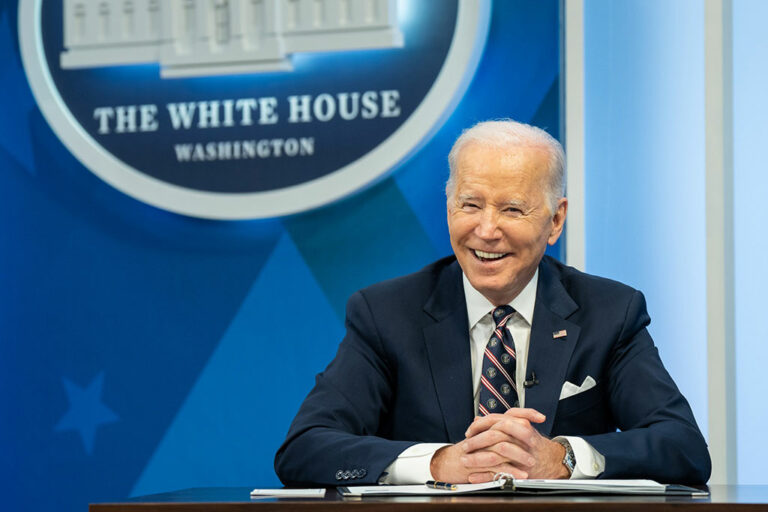Historically, the United States has relied on other countries for battery materials and components. However, a growing number of automakers and battery manufacturers are announcing plans to establish battery production facilities within the United States.
The US Department of Energy (DOE) recently unveiled a $15.5 billion funding and loan package as part of President Biden‘s ambitious “Investing in America” agenda. This initiative announced by the Biden administration primarily focuses on retooling existing factories to support Electric Vehicle (EV) production, thereby promoting good job opportunities and aiding a just transition to zero-emission transportation.
Biden Supports Automotive Manufacturing Conversion
A crucial aspect of President Biden’s plan is to allocate $2 billion in grants and up to $10 billion in loans specifically aimed at supporting automotive manufacturing conversion projects. These grants and loans will incentivize manufacturers to reconfigure their existing facilities, ensuring they can effectively produce EVs while safeguarding high-quality jobs in communities that currently host these manufacturing plants.
Additionally, the DOE said it plans to use the remaining $3.5 billion to expand the production of batteries for EVs and the national power grid. This funding allocation, the second of its kind, is a critical component of the administration’s comprehensive strategy to secure a more sustainable and resilient energy future.
This investment aims to increase the production of high-quality, cost-effective batteries suitable for EVs and grid storage applications. By scaling up manufacturing, the United States can better meet the surging demand for batteries and become a global leader in this critical industry.
This strategic approach aligns with the administration’s vision to create high-paying manufacturing jobs for Americans, with a particular focus on traditionally conservative states like Georgia, North Carolina, and Tennessee.
Historically, the United States has relied on other countries for battery materials and components. However, a growing number of automakers and battery manufacturers are announcing plans to establish battery production facilities within the United States.
This trend towards onshoring battery production was triggered by a confluence of factors, including the disruptions caused by the COVID-19 pandemic and the need to secure critical battery materials, many of which are predominantly sourced from China.
Furthermore, the passing of the Inflation Reduction Act in August 2022 has energized domestic manufacturing activities by providing manufacturers with a host of incentives. Despite certain concerns, these advancements point to a bright future for American battery manufacturing.
How can Manufacturers Access the Grant and Loans?
The DOE is playing a pivotal role in executing this vision. Companies looking to invest in EV and battery production can access support through two primary avenues: grants from the DOE’s Office of Manufacturing and Energy Supply Chains and debt financing from the DOE’s Loan Program Office.
Notably, preference will be given to companies with manufacturing plants in communities that have a historical background in automotive manufacturing. This approach fosters a sense of inclusivity and underscores the importance of manufacturing jobs in regions where they are sorely needed.
next
